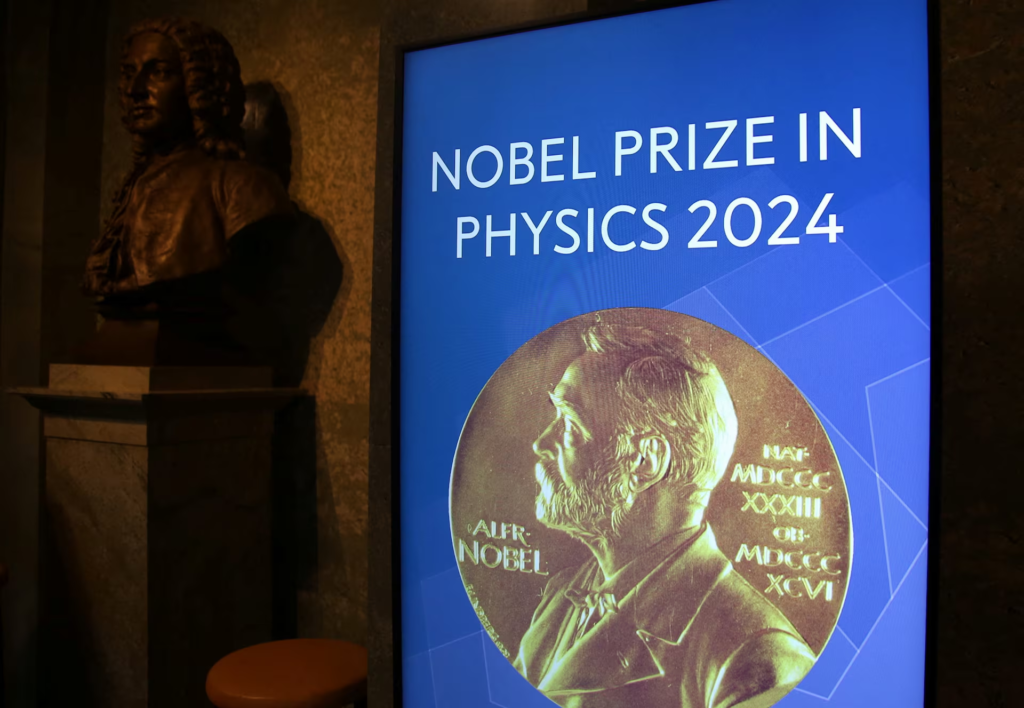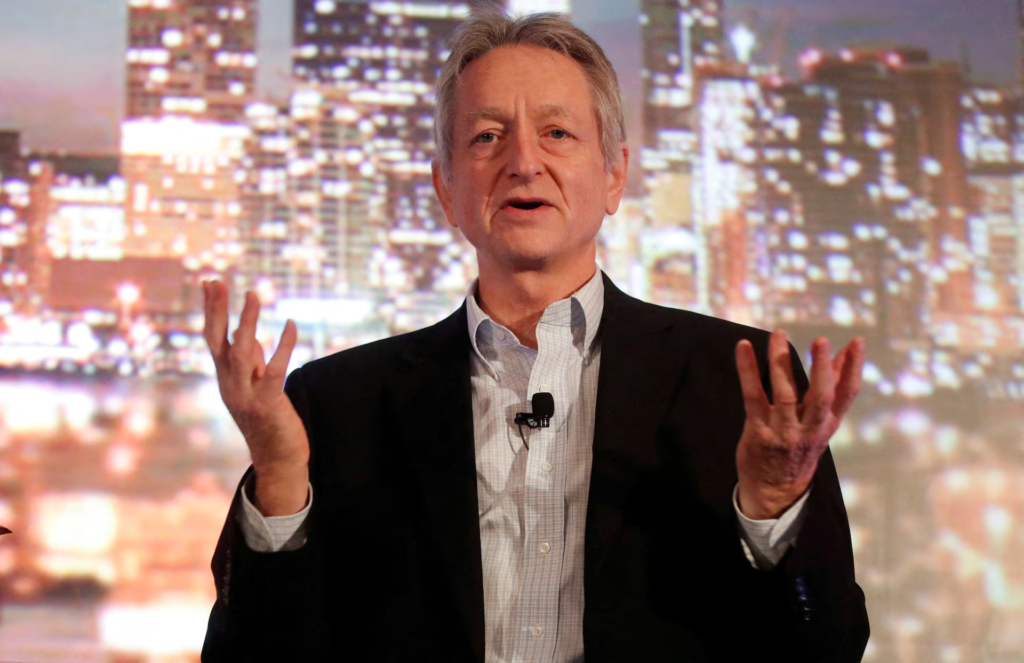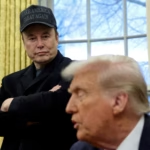U.S. scientist John Hopfield and British-Canadian Geoffrey Hinton have been awarded the 2024 Nobel Prize in Physics for their groundbreaking work that laid the foundation for machine learning. Their contributions to artificial intelligence (AI) have transformed science, engineering, and daily life.
Geoffrey Hinton’s Influence on AI

Geoffrey Hinton, often dubbed the “godfather of AI,” made headlines when he quit his job at Google in 2023 to raise concerns about the potential dangers of artificial intelligence. Hinton warned about the possibility of AI systems surpassing human intelligence, stating that we are “in uncharted territory” when dealing with entities smarter than humans. Despite his concerns, he acknowledged the potential benefits of AI, particularly in fields like healthcare.
John Hopfield’s Pioneering Work on Associative Memory

John Hopfield, professor emeritus at Princeton University, developed an associative memory model that enables the storage and reconstruction of images and patterns, a key contribution to neural networks and machine learning. Hopfield’s associative memory has played a crucial role in shaping how modern AI systems learn and process data.
The Nobel Committee’s Recognition of Machine Learning

The Royal Swedish Academy of Sciences, which awards the Nobel Prize, praised the laureates for their use of tools from physics to develop methods essential to today’s powerful machine learning systems. Their work has revolutionized AI by enabling artificial neural networks to autonomously discover properties in data.
Hinton’s Reflections on AI and His Research

In a candid statement, Hinton expressed concern about the unintended consequences of his research, acknowledging that it might lead to machines that could outsmart humans and possibly take control. Despite these concerns, he stands by his work, stating that he would make the same decisions if given the chance again.
The Significance of the Award
The prize, which comes with a sum of 11 million Swedish crowns ($1.1 million), will be shared between the two laureates. The Nobel Committee emphasized that, while machine learning offers tremendous advantages, it also raises ethical concerns about its future development and use. Ellen Moons, chair of the Nobel Committee for Physics, stressed the importance of ensuring that AI is developed responsibly for the benefit of humanity.
Nobel Prize Legacy in Physics
The Nobel Prize in Physics, considered one of the most prestigious awards in the scientific community, has a history of honoring groundbreaking contributions, with past recipients including Albert Einstein, Niels Bohr, and Enrico Fermi. Last year, the prize was awarded to Pierre Agostini, Ferenc Krausz, and Anne L’Huillier for their advancements in ultra-short light pulses, contributing to breakthroughs in atomic studies.
Conclusion
The recognition of Hopfield and Hinton underscores the pivotal role of physics in shaping the future of machine learning and artificial intelligence. As AI continues to evolve, their contributions remain at the forefront of discussions on both the potential benefits and risks of the technology.









